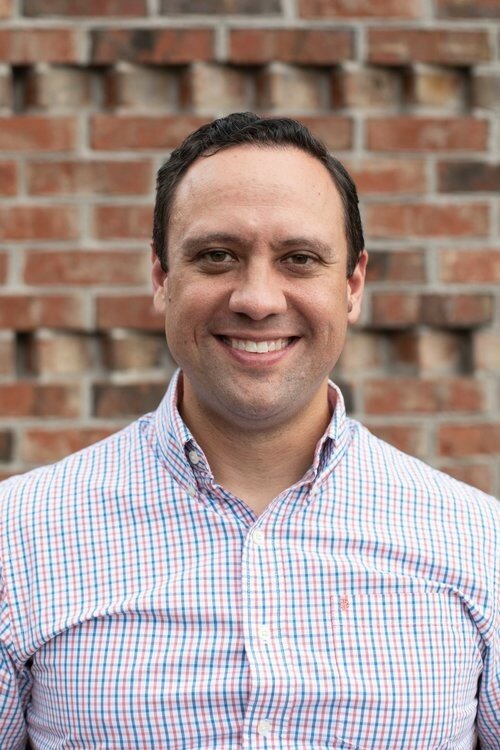Dooley Noted: Adoption matters more than you think
Since the overturn of Roe v. Wade on June 24 of last year, the issue of adoption is more important than ever. Thankfully, 13 states currently have abortion bans in place, Tennessee among them. Incredibly, abortions are down 96% in these locations. For the Volunteer state, that means 7,000 children saved over six-month period. Though abortion-friendly states have seen a slight increases over the same months, nationwide the termination of pregnancies has decreased by 5,400 per month through December of 2022. Stated differently, 32,000 children will now have the chance to live.
I praise God for these developments and continue to pray that more states will end the horrific practice of abortion. This progress, however, brings with it new opportunities and responsibilities for the church. While being pro-life is never less than protecting life in the womb, it also encompasses much more. As the number of births increases due to crisis pregnancies, Christians must be ready to stand in the gap to provide homes for children with parents who cannot or will not take care of them. In our church, we’ve recently partnered with LifeSong for Orphans to create a funding mechanism that will help more of our families adopt. Efforts like these are just a continuation of our lasting commitment to pro-life ethics.
Even followers of Christ sometimes miss how adoption care is a beautiful picture of our faith, though. First, God’s love for orphans requires believers to express the same. Psalm 82:3 instructs, “Vindicate the weak and fatherless; Do justice to the afflicted and destitute.” Isa 1:17 says, “Learn to do good; Seek justice, reprove the ruthless, defend the orphan . . .” These verses are but a brief sampling revealing God’s commitment the weakest among us.
In addition, we often overlook that God the Father sent His only begotten Son into the world as an orphan to be adopted by Joseph of Nazareth. Though the two were not connected by biology, Joseph became a real father to Jesus. Joseph provided for Jesus; he protected Jesus; he loved Jesus. Lest you think the point is warm but insignificant, we should also realize that salvation for you and me would not be possible apart from this sacrificial adoption. The Old Testament, you see, explicitly taught the Messiah would be a son of Israel’s most famous king, David (1 Chron. 17:11-12). Thus, the gospel of Matthew and Luke both trace the lineage of Christ back to David through the house of His earthly father, Joseph. Apart from this connection, Jesus was not qualified to die on the cross as our promised Savior.
Finally, the Bible describes the concept of salvation as an act of adoption. Christ came so that we might receive the adoption as sons (Gal. 4:5). Later we read that God predestined us to adoption as sons through Jesus Christ to Himself (Eph. 1:5). Isn’t that remarkable? Adoption is a picture of the gospel precisely because it communicates both the choice and commitment to bring another into your family. There is no such thing as an accidental adoption! We might hear a parent say, “Oops! I’m pregnant,” but you will never hear the words, “Oops! I adopted a child.” And that means that God loves those who are in Christ unconditionally. He chose to invite us into His family; He willingly died to make a way for us; and once we are in, we are always in.
Those who choose to adopt become living examples of God’s love toward us. James, the half-brother of Jesus, went so far to say, “Pure and undefiled religion in the sight of our God and Father is this: to visit orphans and widows in their distress, and to keep oneself unstained by the world (James 1:27).” In other words, the man who watched his father raise the Son of God as his own uses orphan care as his example of godliness. Thus, the church must encourage and celebrate adoption more than we do. We must create a culture were those who cannot care for a child feel less shame from choosing life and adoption than they do for choosing abortion. Worldwide, 100 million orphans need someone to love them, and those numbers are growing. Those called to adopt must answer that call. Those who are led differently must sacrificially support those who do. All Christians have a role to play because we know firsthand what it is like to be spiritual orphans adopted by a Heavenly Father. None of us can do everything, but all of us can do something. Dr Adam B. Dooley is pastor of Englewood Baptist Church in Jackson, TN, and author of Hope When Life Unravels. Contact him at adooley@ebcjackson.org. Follow him on Twitter @AdamBDooley.






